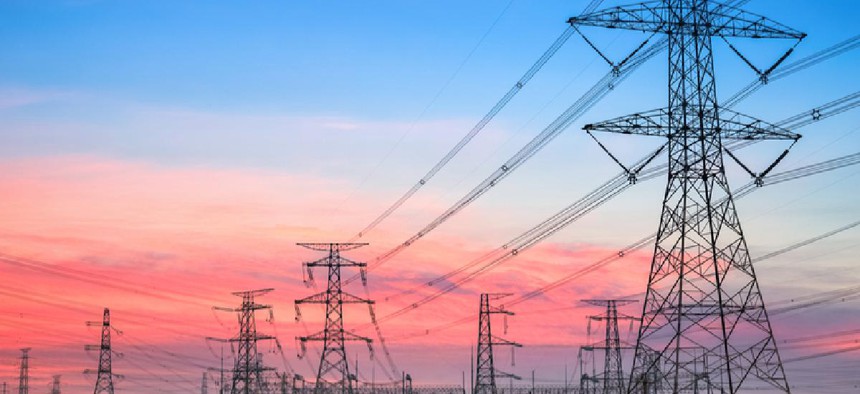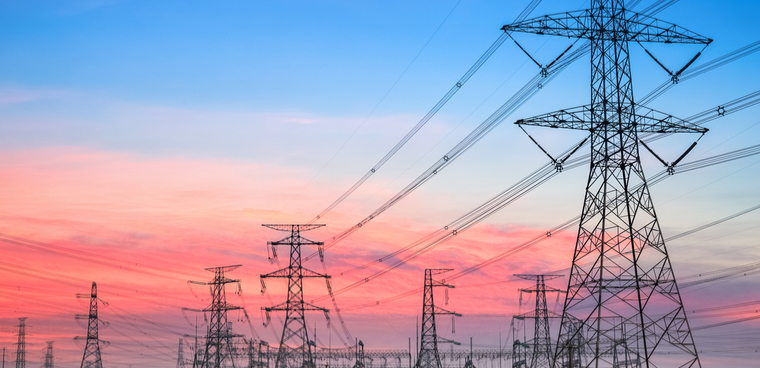Lawmakers look to boost Energy's cybersecurity role

To protect critical infrastructure and the energy sector against cyber threats, lawmakers are looking to boost the Department of Energy's cybersecurity role.

To protect the energy sector and other critical infrastructure against cyber threats, lawmakers are looking to boost the Department of Energy's cybersecurity role and questioned the future role of its new cybersecurity office.
Government needs to "make sure we're doing everything we can to protect our electric grid" and the energy sector as a whole from emerging threats and emergencies as they arise, said Chairman Greg Walden (R-Ore.) at a March 14 House Energy and Commerce Committee hearing.
Energy undersecretary Mark Menezes testified that the biggest concern facing the department is "cybersecurity, clearly."
"Our system is becoming more and more open," Menezes said. "We're increasing the flexibility of our grid to make it more resilient, but every time we make it smarter, [it increases the attack surface]."
The White House's fiscal year 2019 budget request proposed a slight funding bump for Energy's overall number, including $96 million to stand up new cyber office — the Office of Cybersecurity, Energy Security, and Emergency Response.
Menezes provided members with some specifics about the future of the department's new cyber office, as well as the department's cybersecurity priorities, emphasizing the creation of the new office -- and its absorption of other Energy programs -- is "just an initial step."
Menezes wants the office's priorities to be sharing vulnerability information with industry, engaging in training programs for the future cyber workforce and building towards countering cyber threats with artificial intelligence.
Patricia Hoffman, the principal deputy assistant secretary for the Office of Electricity Delivery and Energy Reliability, said that in partnering and sharing information with industry "as quickly as possible," the ability to respond to cyber incidents and to prevent cyberattacks from progressing is "the next phase we must advance in."
In addition to information sharing with industry and incident response, Hoffman said the office's top cyber priority is the development of a future workforce, adding that Energy has partnered with universities to build a cybersecurity workforce pipeline.
Committee members have introduced bills aimed at boosting the department's cybersecurity role with private industry and state and local governments, plus its ability to work and share information with the private sector.
The Energy Emergency Leadership Act, sponsored by Reps. Tim Walberg (R-Mich.) and Bobby Rush (D-Ill.), which specifies Energy's functions in protecting infrastructure in emergency situations and providing technical support upon request from government and private entities.
Reps. Bob Latta (R-Ohio) and Jerry McNerney (D-Calif.) introduced the Cyber Sense Act , to promote the use of cybersecure products in interconnected electrical systems.
NEXT STORY: IG: Interior unprepared for cyber threats


